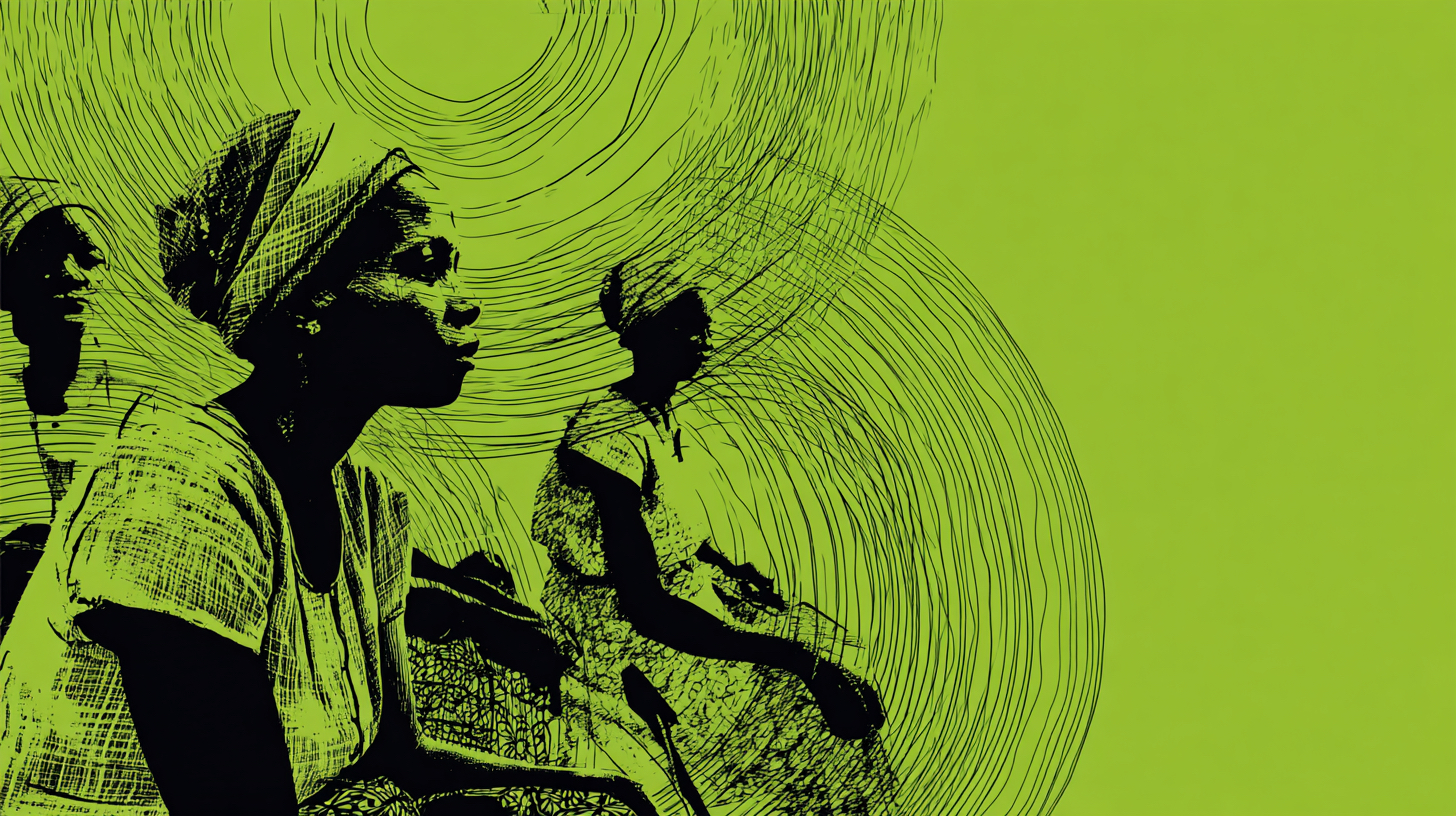global health
-
Comparative analysis of malaria workforce development models
The stagnation in global malaria mortality reduction calls for a re-evaluation of the malaria workforce development models currently deployed in high-burden countries. While biological challenges such as insecticide resistance and parasite mutations are well-documented, a critical bottleneck remains the capacity of the human workforce to implement technical strategies with precision. The transition from control to…
Written by

-
5 surprising insights from the science of successful learning
The work of Reda Sadki offers a provocative, often counter-intuitive critique of how we learn, lead, and solve complex problems. Here are five surprising insights about what it takes to create successful learning. 1. Text is superior to video for learning In an era where educational technology is obsessed with video content, immersive simulations, and…
Written by

-
A decolonial feminist perspective on gender equality programming in the Global South
The article “A decolonial feminist perspective on gender equality programming in the Global South” provides a critical analysis of how international non-governmental organizations design and execute gender equality programs. The authors, Udenigwe Ogochukwu, Aubel Judi, and Abimbola Seye, argue that many current initiatives adapt to existing systems of oppression rather than dismantling them. They contend…
Written by

-
Implementation science for planetary health
Remarks about implementation science for planetary health by Reda Sadki, Executive Director, The Geneva Learning Foundation at the Centre for Planetary Health’s research corner meeting, London School of Hygiene & Tropical Medicine (LSHTM) on December 17, 2025. Pauline Paterson (LSHTM): We are really delighted to welcome Reda Sadki. Reda is the Executive Director of the…
Written by

-
Subnational tailoring of malaria strategies and interventions: bridging the gap between planning and implementation
The global malaria response is currently navigating a convergence of crises. Epidemiologically, the reduction in mortality has plateaued. Biologically, threats from Anopheles stephensi and partial artemisinin resistance are accelerating. Financially, the 2025 landscape is defined by a severe contraction in foreign assistance, necessitating a radical optimization of resources. In this context, the World Health Organization’s (WHO) new…
Written by

-
Retrouver les enfants congolais non-vaccinés: des acteurs de tout le pays lancent le premier Accélérateur zéro-dose pour renforcer la mise en oeuvre et le suivi
«Si je réussis mon projet de terrain, je m’attends à avoir au moins vacciné 345 enfants». Cet engagement n’a pas été pris par un ministre dans la capitale, mais par Jérémie Mpata Lumpungu, infirmier titulaire dans la province du Kasaï. Il n’était pas seul. Lundi 10 novembre 2025, un appel a résonné à travers la…
Written by

-
The future of work: remarks at the 9th 1M1B Impact Summit held at the United Nations in Geneva
On November 7, 2025, Reda Sadki, Executive Director of The Geneva Learning Foundation, joined the panel “The Future of Work: AI and Green Skills” at the 9th 1M1B Impact Summit held at the United Nations in Geneva. Moderated by Elizabeth Saunders, the discussion explored the rapid redefinition of the workforce by artificial intelligence and the…
Written by

-
How do we stop AI-generated ‘poverty porn’ fake images?
There is an important and necessary conversation happening right now about the use of generative artificial intelligence in global health and humanitarian communications. Researchers like Arsenii Alenichev are correctly identifying a new wave of “poverty porn 2.0,” where artificial intelligence is used to generate stereotypical, racialized images of suffering – the very tropes many of…
Written by

-
What the 2025 State of AI Report means for global health and humanitarian action
The 2025 State of AI Report has arrived, painting a picture of an industry being fundamentally reshaped by “The Squeeze.” This is a critical, intensifying constraint on three key resources: the massive-scale compute (processing power) required for training, the availability of high-quality data, and the specialized human talent to build frontier models. This squeeze, the…
Written by

